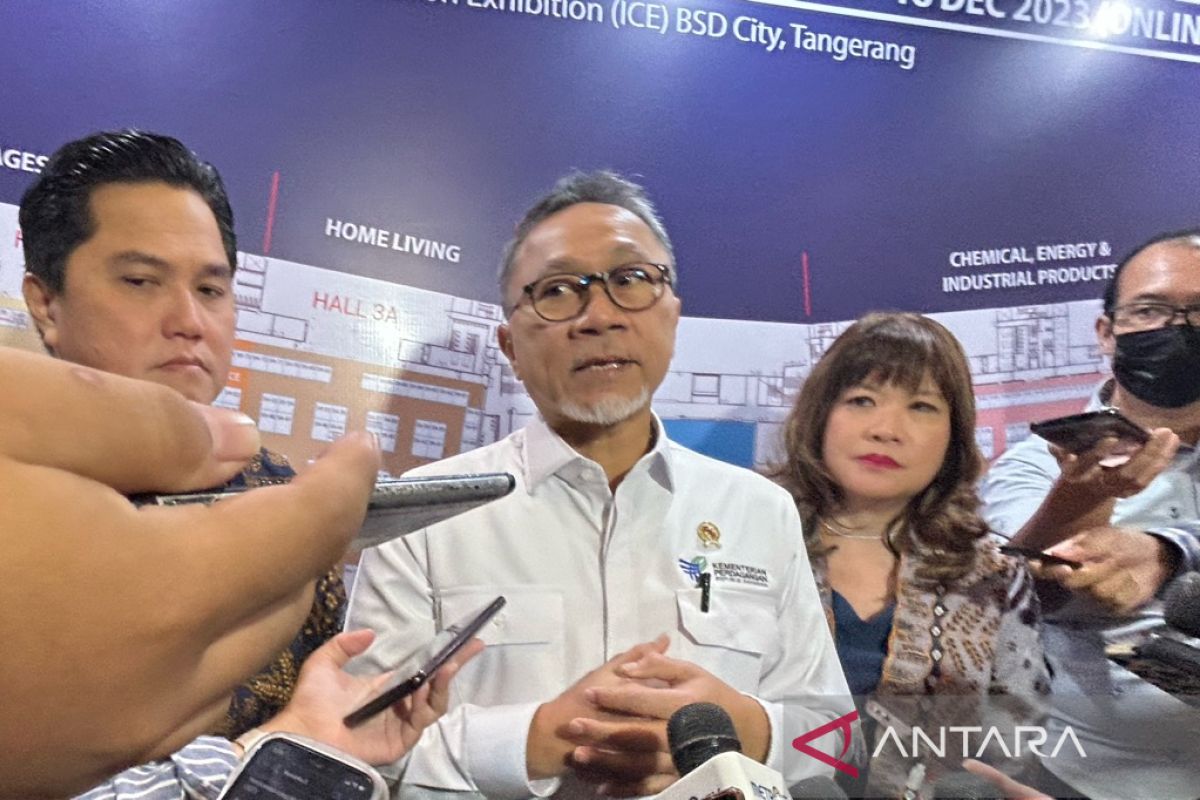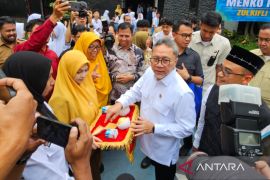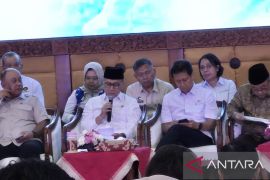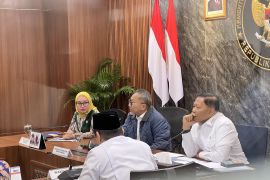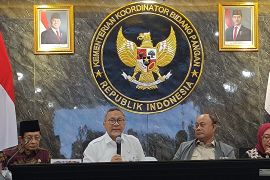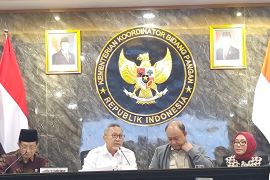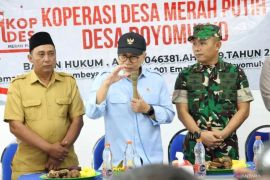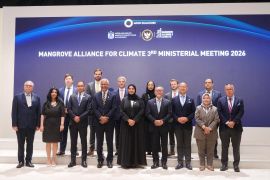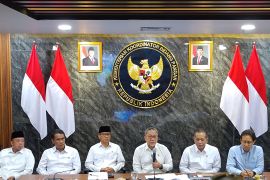Those countries have huge market potential. Africa has 1.4 billion people, South Asia has 2 billion, and the Middle East has 500 million people.Jakarta (ANTARA) - Indonesia is targeting non-traditional markets in South Asia such as India, Pakistan, and Bangladesh to boost exports, whose growth is currently slowing, Trade Minister Zulkifli Hasan informed on Monday.
Non-traditional markets are countries that have economic potential as market destinations for Indonesia. They include countries in Latin America, Central and Eastern Europe, Africa, South and Central Asia, and the Pacific.
"Our traditional markets are slowing down, therefore, we are trying new breakthroughs, for example, in South Asia, which has been non-traditional (market) to us," the minister said after the opening of the Indonesia Trade Expo in Jakarta on Monday.
India, Pakistan, Bangladesh, the Middle East, Africa, and Egypt are potential markets for Indonesia's products, he added.
Given their large populations, it would be worthwhile for Indonesia to explore the types of products needed by these countries, he informed.
"Those countries have huge market potential. Africa has 1.4 billion people, South Asia has two billion, and the Middle East has 500 million people. We will be working on this," he said.
Meanwhile, Chairperson of the Indonesian Employers' Association (Apindo) Shinta W. Kamdani said that exploring new non-traditional markets is important for Indonesia since the country has already inked several trade agreements, both bilateral and regional.
The agreements include Indonesia-European Union (IEU-CEPA), Indonesia-Europe (EFTA), and Regional Comprehensive Economic Partnership (RCEP), which could help open wider access.
"Moreover, we have FTA (free-trade agreements) with Chile and Mozambique. There are also many opportunities with this trade agreement for us to optimize," she added.
Kamdani said information on optimizing trade agreements must continue to be communicated to business actors so that they can utilize the opportunity presented by them.
Moreover, diversifying to non-traditional markets outside the European Union and the United States is important for Indonesia, she observed.
In addition, market intelligence is needed to identify superior products for other countries. Cooperation between Indonesian representatives in friendly countries must also be strengthened to provide data and opportunities, she said.
"We need to carry out socialization to business actors to take advantage of the trade agreements that have been negotiated by the government. This is not only bilateral, but also regional," she added.
Related news: MSMEs must adopt high tech to expand export market: minister
Related news: ASEAN chairmanship can help expand Indonesia's export market: expert
Translator: Maria Cicilia G P, Resinta S
Editor: Rahmad Nasution
Copyright © ANTARA 2023
